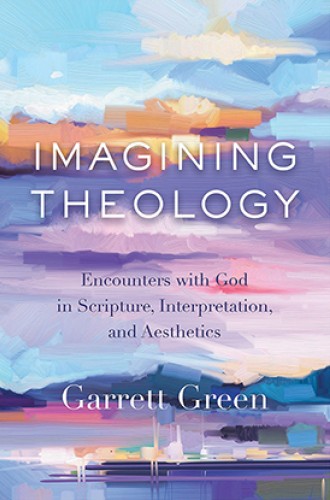Imagination has recently become a buzzword in theology, but Garrett Green is not new to the conversation. The essays collected in Imagining Theology, which span three decades of Green’s work, show how a “normative Christian imagination” enables Christians to grapple with faith and the world with brighter and clearer vision. On a broader level, the essays beckon Christians to allow God to captivate our imaginations.
Green uses the word imagination in a particular way. Instead of “fantastic” or “fictive” imagining—like what a child does while roaming the woods looking for dinosaurs—he seeks to employ imagination “realistically.” He explains: "The realistic imagination functions throughout human experience, enabling us to envision the whole of things, to focus our minds to perceive how things are ordered and organized—in other words, it allows us to see what is really there, rather than just a blooming, buzzing confusion."
In other words, the imagination produces a frame, a lens, or a paradigm that prepares a person to make sense of the world. The realistic imagination, Green writes, provides “a means of gaining a better understanding of reality.”





